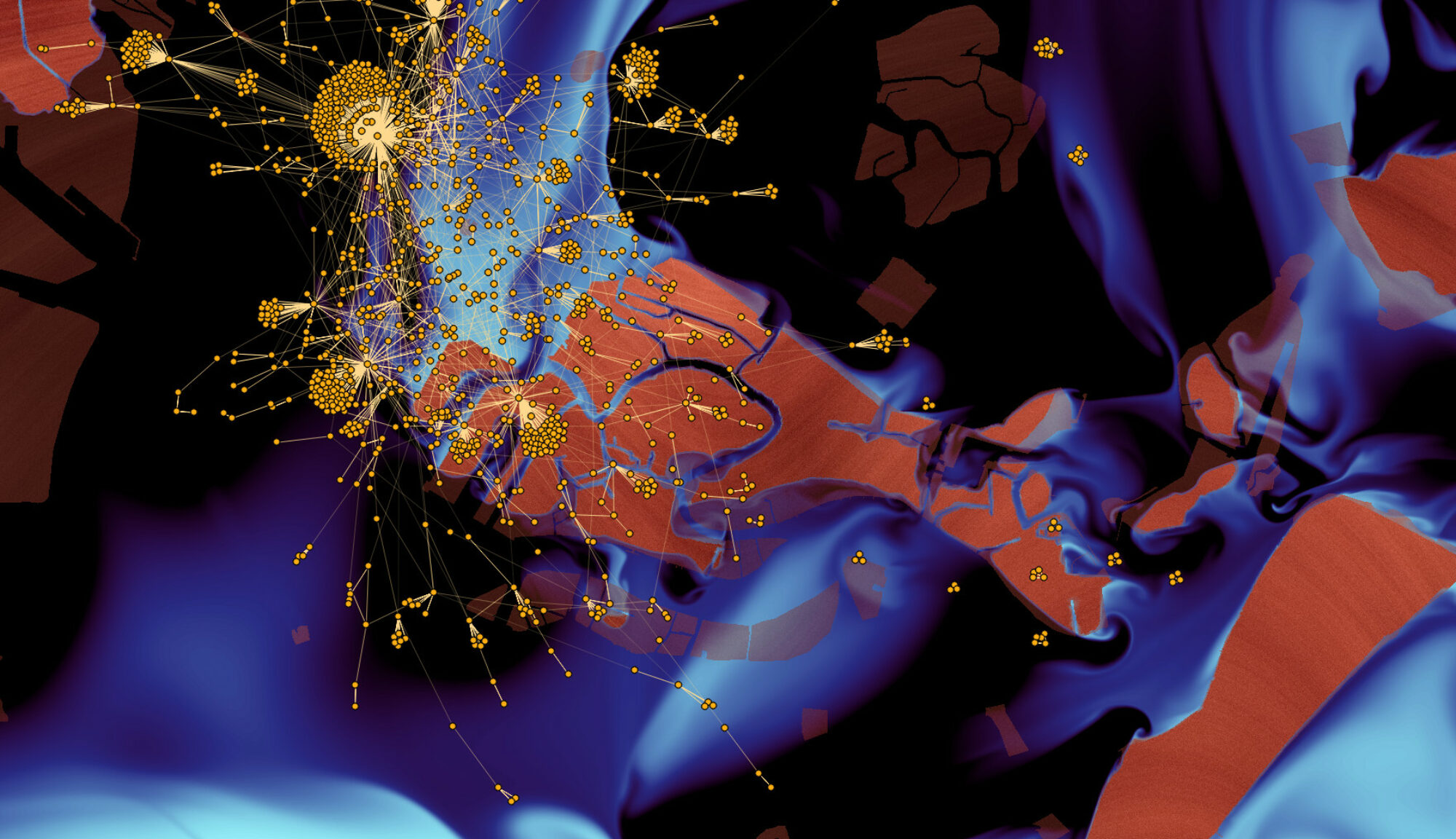Laurent Vuillon
Jeudi 19 mars 2015 à 11h, salle 24-25/405
Protein oligomers are made by the association of protein chains via intermolecular amino acid interactions (interaction between subunits) forming so called protein interfaces. This talk proposes mathematical concepts to investigate the shape constraints on the protein interfaces in order to promote oligomerization. First, we focus on tiling the plane (2 dimensions) by translation with abstract shapes. Using the fundamental Theorem of Beauquier-Nivat, we show that the shapes of the tiles must be either like a square or like a hexagon to tile the whole plane. Second, we look in more details at the tiling of a cylinder and discuss its relevancy in constructing protein fibers. The universality of such « building » properties are investigated through biological examples. In a third part, we investigate the network properties of adjacent atoms in proteins.In particular we focus on real familial mutations involved in p53 related cancers. We show a local to global destabilization of the p53 protein, namely from the site of a single mutation changes are observed in the whole protein structure. Potential consequences and impacts on the fold and function of p53 are discussed.
